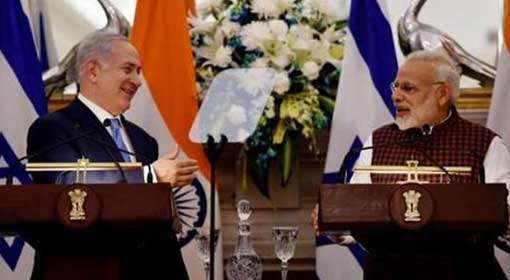United Nations: When a country respects each other’s sovereignty and territorial integrity, its sovereignty will also be respected, India said in the United Nations, referring to China’s expansionist and two-faced policy. Analysts say India indirectly showed a mirror to China on the Ladakh and Taiwan issues through this. India’s Permanent Representative to the UN, Ruchira Kamboj, also underlined that developing countries should be represented in the UN Security Council.
 Moreover, the United Nations meeting on ‘Promote Common Security Through Dialogue and Cooperation’ was held on Monday. In this meeting, Kamboj reprimanded China harshly on the common security issue. Kamboj strongly criticised China, pointing out that if all countries came together on a common threat like terrorism and did not take any two-faced stand, then coordination on security was possible.
Moreover, the United Nations meeting on ‘Promote Common Security Through Dialogue and Cooperation’ was held on Monday. In this meeting, Kamboj reprimanded China harshly on the common security issue. Kamboj strongly criticised China, pointing out that if all countries came together on a common threat like terrorism and did not take any two-faced stand, then coordination on security was possible.
A few days ago, China opposed the proposal brought by India and the United States for sanctions against Abdul Rehman Makki, one of the masterminds of the 26/11 Mumbai terror attacks. China blocked this proposal by using the veto power it possesses as a permanent member of the United Nations Security Council. China had not given any substantial reason to block the proposal. India’s Ambassador Kamboj highlighted the same issue on the United Nations platform.
Also, if there is an expectation of coordination in security matters, one country should respect the sovereignty and integrity of the other country, India said. It is an insult to common security when there is a unilateral violation of agreements between two countries and an attempt to change any situation by force. In such a situation, coordination in terms of security is not possible. If one country respects the sovereignty and integrity of another country, then that country can expect the same from the other country. Through this, Kamboj put the finger on China’s aggressive policy in the Indo-Pacific region. At this time, she also pointed out the incursions by China in Ladakh in 2020.
‘There are some principles of common security. These include upholding the rules-based international order, underpinned by international law, premised upon respect for the sovereignty and territorial integrity of all Member States, and resolving international disputes through peaceful negotiations. Also, there should be free and open access to the global commons,’ India’s ambassador Kamboj highlighted.
China is currently having disputes with many countries. China is trying to take over Taiwan by force. Also, China is claiming rights on the regions in the border areas of the Philippines, Brunei, Malaysia, and Vietnam in the South China Sea and disputes are going on with Japan in the East China Sea. Chinese ships often intrude into the borders of these countries. China also objects to commercial traffic movement in this area. Therefore, the point made by Kamboj that common security is possible only if international norms are followed becomes important. Interestingly, when China objected to the US intervention in Taiwan at the meeting, India’s ambassador Kamboj showed a mirror to China by raising these issues.
China will soon hold the presidency of the 15-member Security Council. China is a permanent member of the Security Council and has veto power. Against this backdrop, India once again demanded the expansion and reform of the Security Council. Kamboj expressed that developing countries should get more representation in the Security Council. Decisions are made in the United Nations Security Council on crises and problems in the African continent. However, India pointed out that Africa is not represented here.












